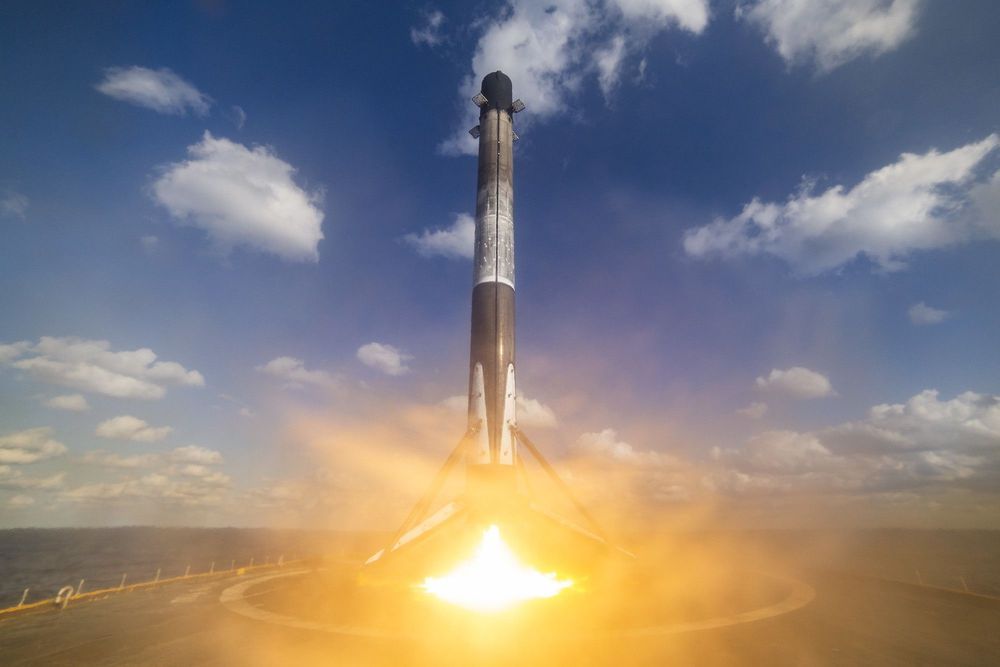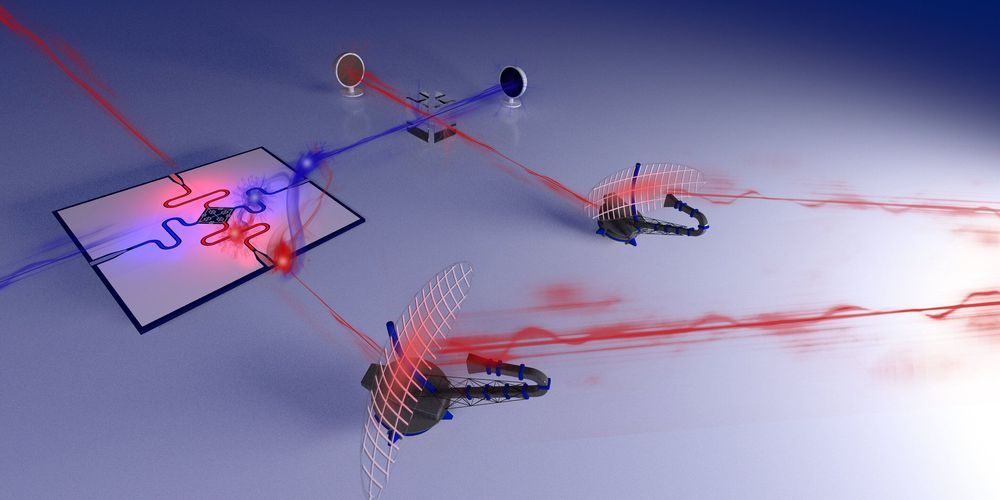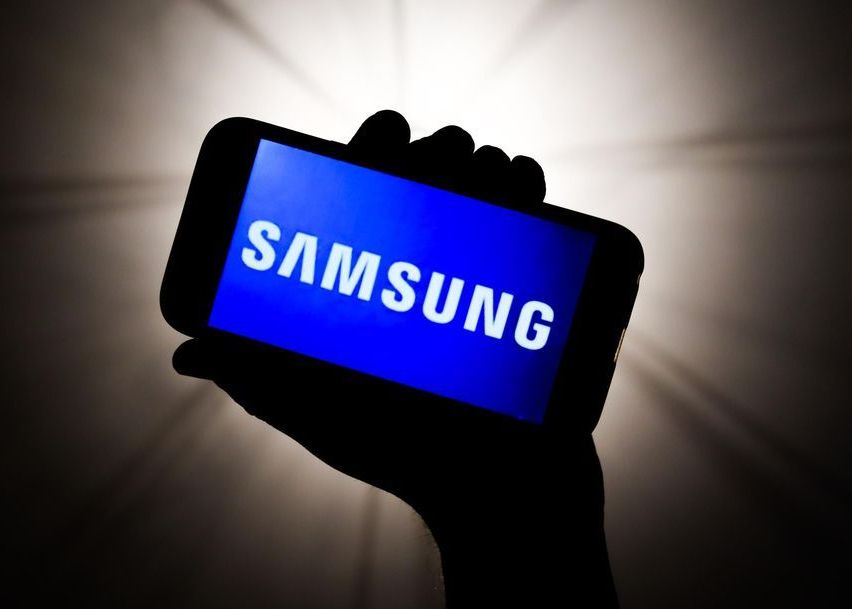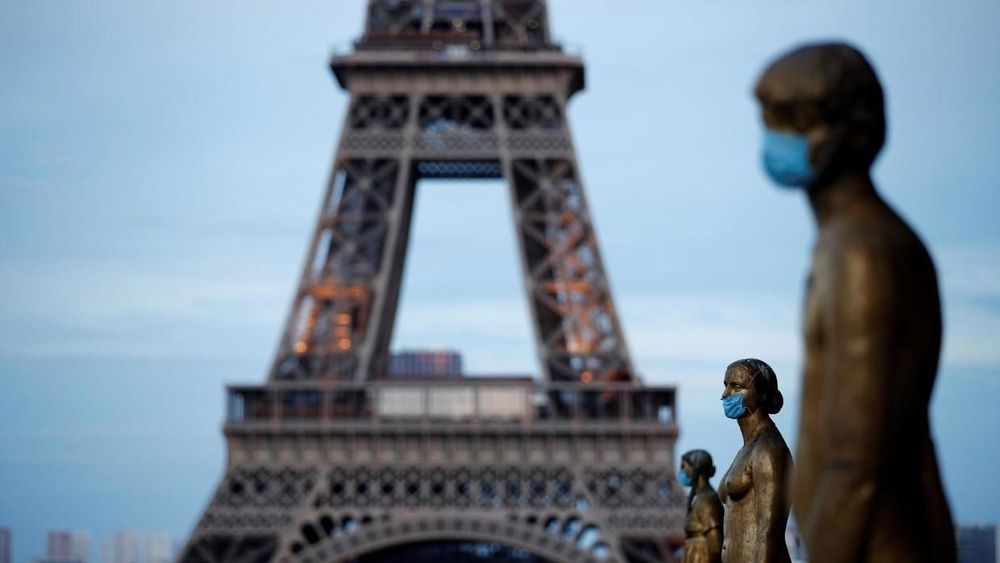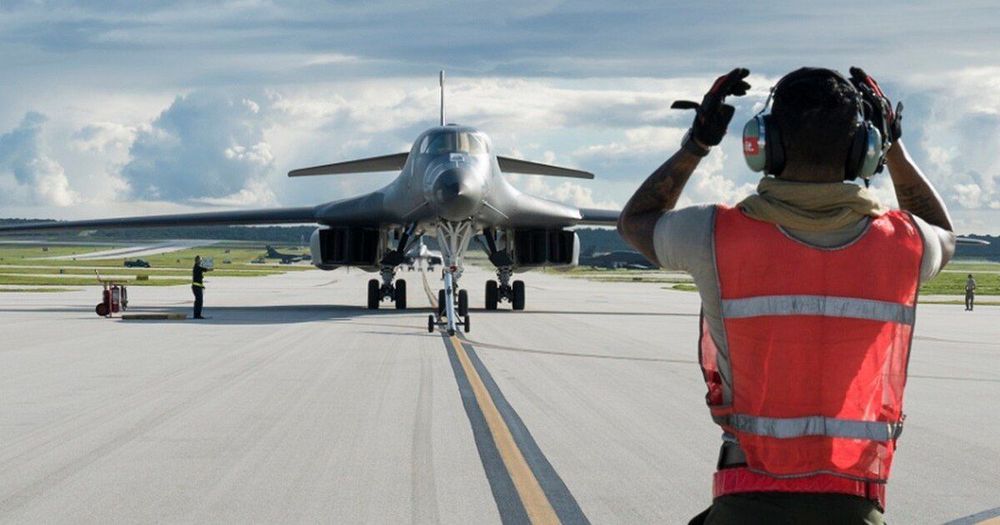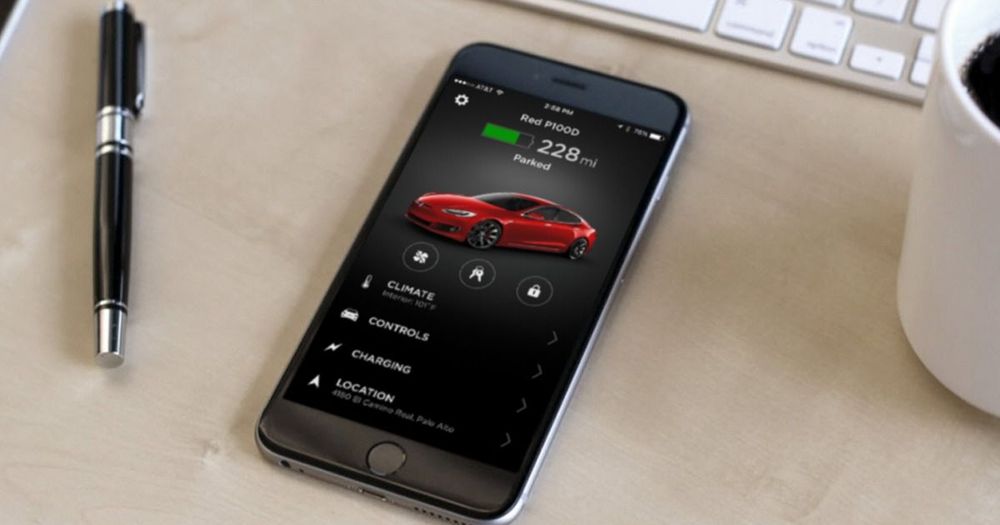WASHINGTON — SpaceX on May 6 was awarded an $8.9 million contract modification that gives the U.S. Space Force direct insight into the inner workings of the company’s commercial and civil space missions.
The contract for “non-National Security Space fleet surveillance” gives the Space Force access to SpaceX missions until November.
“This contract provides for non-NSS fleet surveillance efforts across the SpaceX family of launch vehicles for non-NSS missions,” said the contract announcement. The $8.9 million is an addition to an existing $297 million contract awarded to SpaceX in February 2019 for three national security launches.
